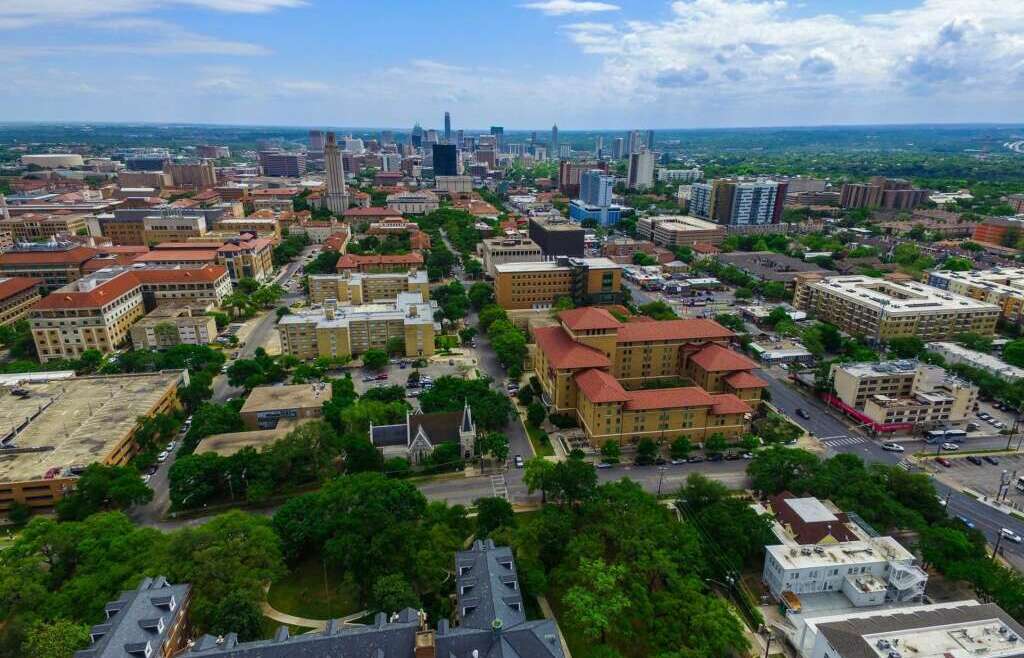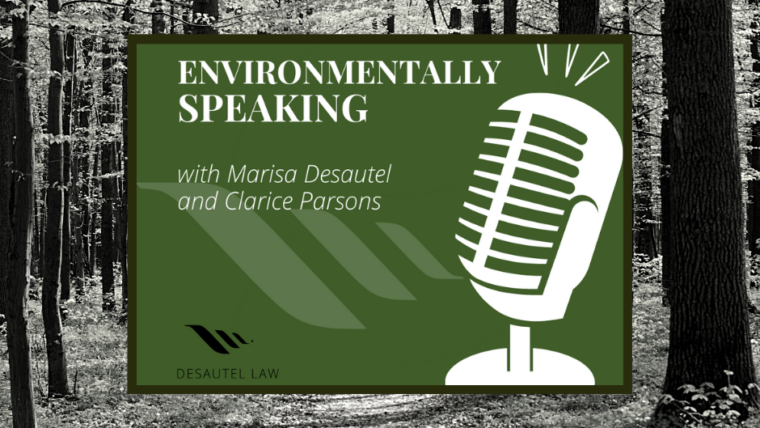Property owners in Rhode Island must adhere to state and local land use regulations. This applies to all types of property – residential, commercial, industrial, and all others. The policies behind regulating land use are to ensure appropriate and positive social and environmental considerations. Some other goals are to manage resources, to properly plan for development, to promote environmental conservation, to account for transportation planning, and to prevent land use conflicts.
For a comprehensive understanding of land use regulations and schemes, I have to start with state law.
Rhode Island’s Zoning Statute
According to the Rhode Island Zoning Enabling Act, the purpose of zoning law and regulation is to “promote the public health, safety, and general welfare.” RIGL §45-24-30. In order to achieve that goal, the statute indicates that municipalities should:
- Provide for a range of uses and intensities of use appropriate to the character of the city or town and reflecting current and expected future needs.
- Provide for orderly growth and development that recognizes the goals and patterns of land use contained in the comprehensive plan of the city or town.
The state’s zoning statute requires that each municipality create a Planning Board and a Zoning Board of Review.
Purpose of a Planning Board
The comprehensive plan mentioned above is a governing municipal document. A town’s Planning Board has the sole authority to prepare this plan. Under state law, a Planning Board also creates and implements land use regulations governing land development and subdivision projects within that municipality. The Planning Board review process is one of the first steps for a development project.
Purpose of a Zoning Board
Zoning Boards have several functions. For purposes of this article, though, I will discuss the most common. A zoning board has the authority to hear and decide whether an application for variances in the application of the terms of the zoning ordinance is warranted. The board can also issue special use permits and use variances.
The Process
Each municipality is different, of course. But, an application for a land development project follows a similar course regardless of location. The process begins, not surprisingly, with an application. Some towns have a Technical Review Committee, or other type of body that conducts a preliminary review of the application materials. Generally, town staff comprise these committees and bodies.
An applicant is subject to Development Plan Review. This review is a procedure for the review of new commercial development and substantial alteration to existing development in order to ensure a basic standard of building, site and landscape design. Ultimately, the burden of proof is on the applicant to demonstrate compliance with the town’s land use regulations.
The scope of review used by Planning and Zoning Boards is set out in the town’s zoning code or ordinance. The applicant must appear at the boards’ public meetings to present the project. Depending on the type of project, the applicant may hire an attorney and expert witnesses. During these public meetings, a land use attorney handles arguments and explanations of compliance with the ordinances and land use regulations. On the other hand, the expert witnesses discuss the project in terms of their opinion on how the project meets the town’s requirements.
The attorneys at Desautel Law are familiar with land use regulations throughout Rhode Island. To learn how we can help you, call today at 401.477.0023.


